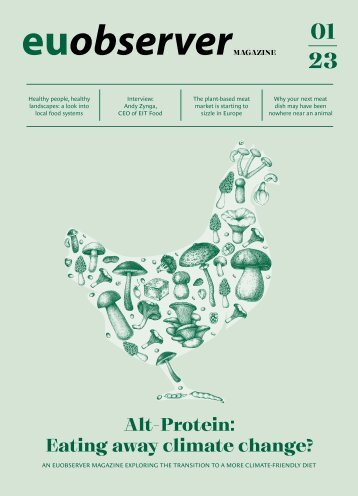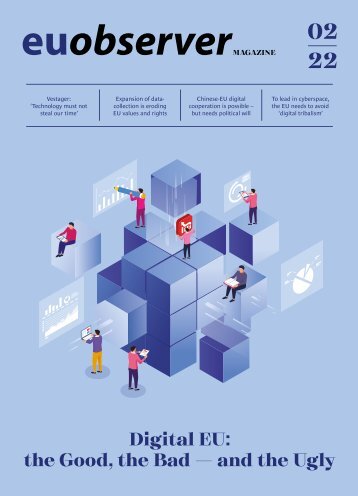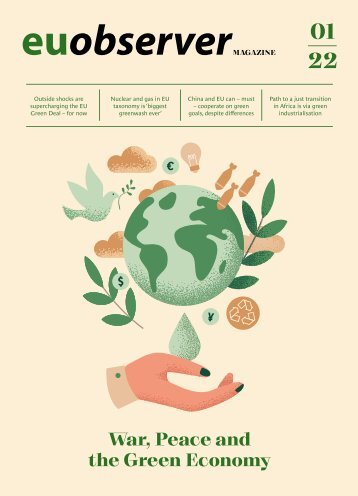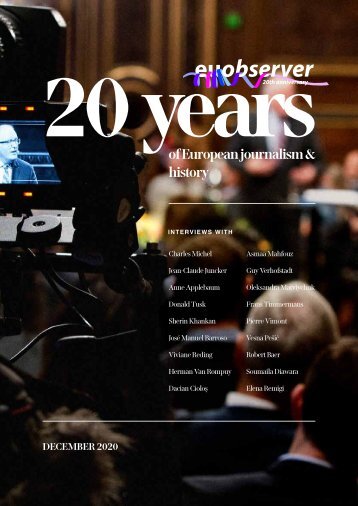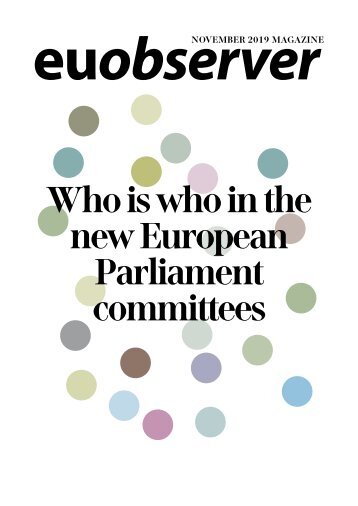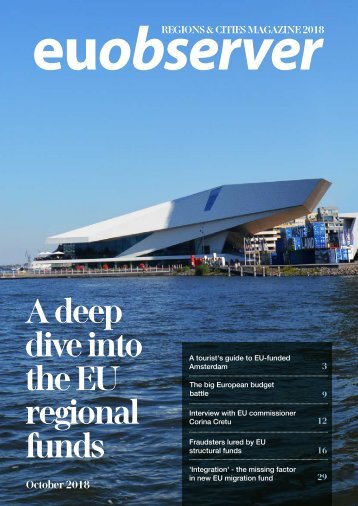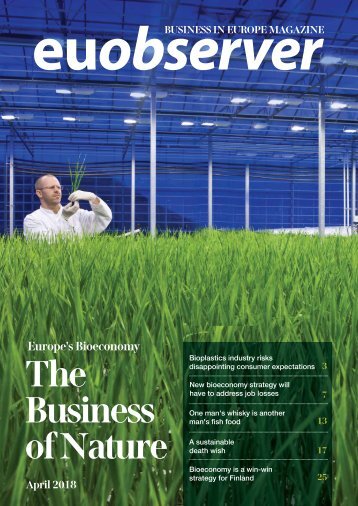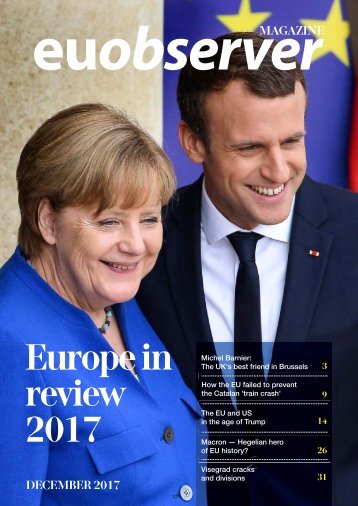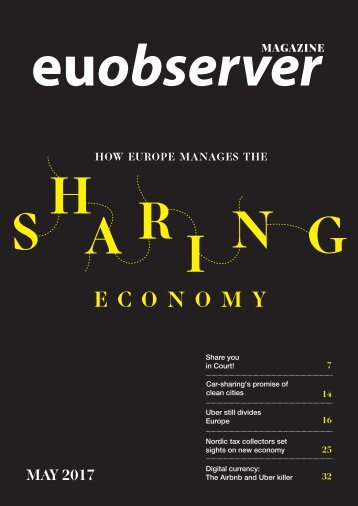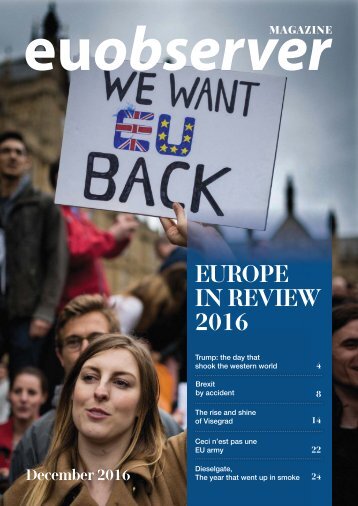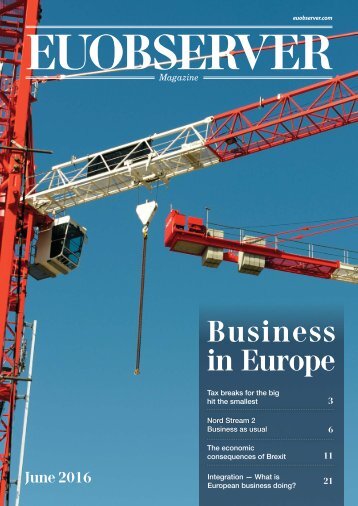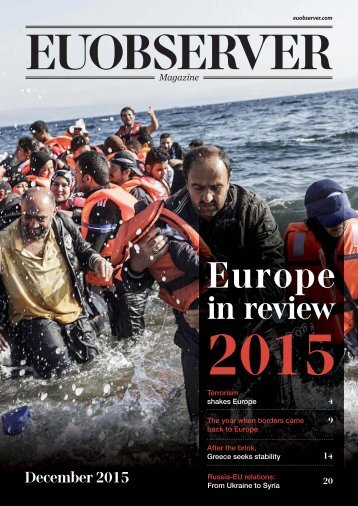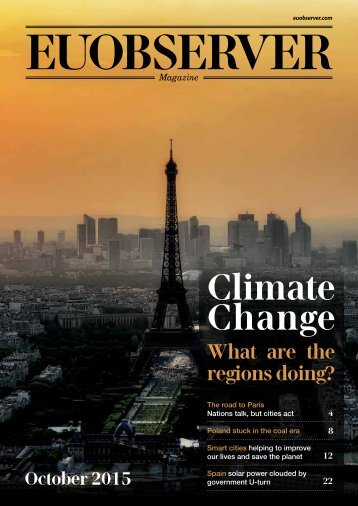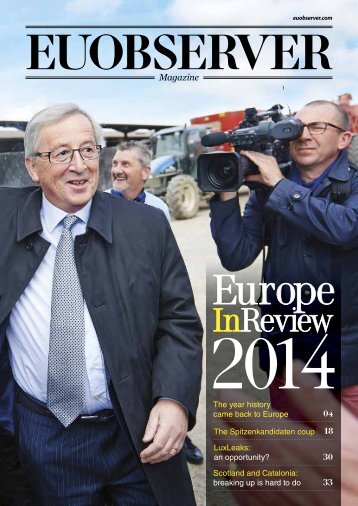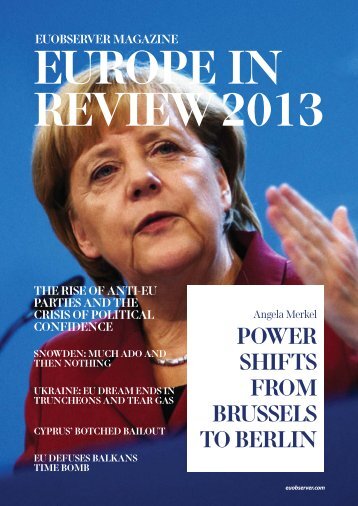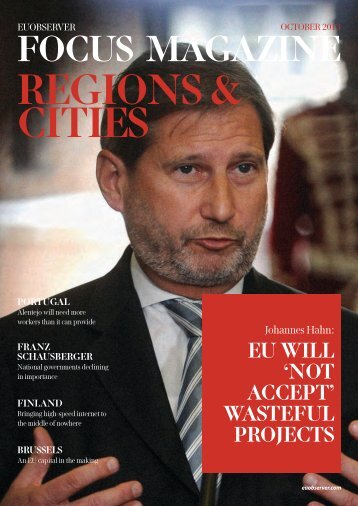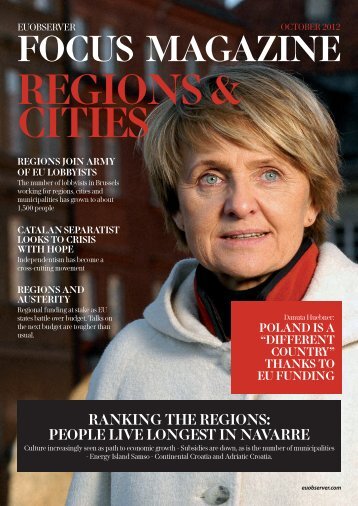How Europe manages the sharing economy
- Text
- Tech
- Europe
- Agenda
- Market
- Economy
- Smartphone
- Digital
- Economy
- Economy
- Airbnb
- Uber
- Union
- Politics
- Euobserver
- Business
- Economy
EDITORIAL ADDRESS
EDITORIAL ADDRESS EUobserver Magazine Rue Montoyer 18B 1000 Brussels Belgium contact@euobserver.com Editor Editor: Eric Maurice Art director: Tobias Andreasen EUobserver Magazine Rue Montoyer 18B 1000 Brussels Belgium advertising@euobserver.com EUobserver Magazine Rue Montoyer 18B 1000 Brussels Belgium mc@euobserver.com PUBLISHER EUobserver.com ASBL www.euobserver.com EUobserver is an independent online newspaper account. © Ed Everett Sharing economy & Europe Like me, you have probably seen Europe's cities change in the past few years. Bike couriers in Strasbourg that no longer work for a single pizza delivery shop, but instead are traversing the streets with hot meals from an array of different restaurants. Tourists dragging their trolley suitcases through the residential streets of Amsterdam, clearly staying at someone's apartment instead of a hotel. Or the counter-reaction: protests in Brussels by taxi drivers who feel they cannot compete with people offering the same or similar service, but who are able to circumvent regulation and save money by driving without the need for a taxi permit. This phenomenon of ordinary citizens offering services or goods through an online platform has become known in everyday parlance as the "sharing economy". as I explain in another article in this magazine, or even what to call this development. For instance, EU lawmakers prefer to speak of the "collaborative economy", while others refer to the "gig" or "access-based" economy. Whatever you decide to call it, the trend is here. Sharing via the internet is not new, as Eszter Zalan explains in her article about the sharing pioneers who were never interested But Jean Comte and Dave Keating will tell you that the meteoric delves into how the sharing economy can be taxed. Finally, Nikolaj Nielsen takes us into the future, where new technologies may make current platforms obsolete, the same way they are challenging traditional businesses. I am very happy to share these thought-provoking stories with you. Peter Teffer 02 — SHARING ECONOMY & EUROPE MAY 2017
A TRANSFORMATION THAT LACKS A COMMON DEFINITION The sharing economy is a noticeable trend shaking up traditional sectors, but the phenomenon is ill-defined and empirical evidence about its impact is scarce. “It's always more fun, to share with everyone,” Jack Johnson sang in The Sharing Song, on the George. The singer-songwriter proposed that a ball, a sandwich, a secret, a drum stick, time, milk, and cookies, are enjoyed exponentially when shared with others. However, the song made absolutely no mention of whether those cookies and sandwiches should be To share, according to the Oxford English dictionary, means "have or give a share of", or "have or use jointly with others". That is why the name 'sharing economy' is somewhat unsuitable for the plethora of online platforms that see themselves as a part of that trend.
- Page 1: HOW EUROPE MANAGES THE E C O N O M
- Page 5 and 6: For Airbnb, which allows its users
- Page 7 and 8: SHARE YOU IN COURT! Regulatory syst
- Page 9 and 10: Home-sharing site Airbnb is facing
- Page 11 and 12: The sharing economy started out wit
- Page 13 and 14: PEOPLE BENEFIT But the changing bus
- Page 15 and 16: cyclists Photo: Pedro Ribeiro Simõ
- Page 17 and 18: In Brussels, it's easy to make a ta
- Page 19 and 20: SUSTAINABLE ENERGY WEEK CLEAN ENERG
- Page 21 and 22: as these. The real trouble is cause
- Page 23 and 24: a host rented out their apartment l
- Page 25 and 26: Nordic tax collectors set sights on
- Page 27 and 28: Many of them, like Uber, Airbnb and
- Page 29 and 30: Lobbyists educate EU policymakers o
- Page 31 and 32: Photo: European Commission “We ar
- Page 33 and 34: Unlike Bitcoin, Ethereum is also ab
- Page 35 and 36: Executive Master of European and In
Inappropriate
Loading...
Mail this publication
Loading...
Embed
Loading...

